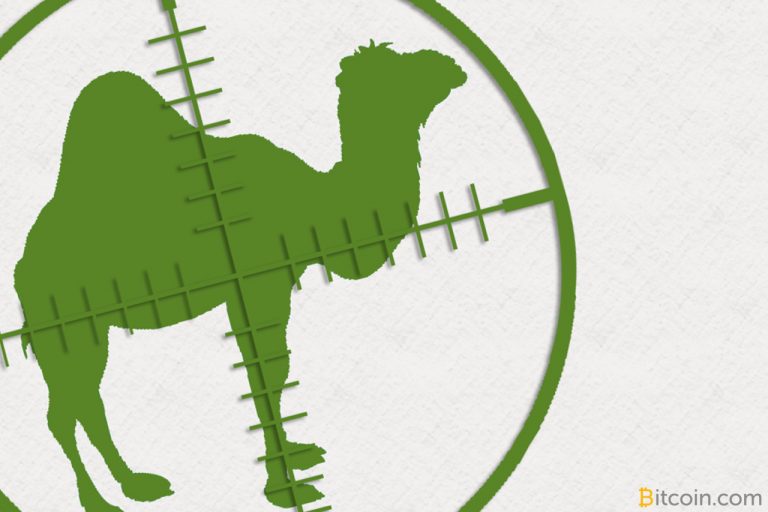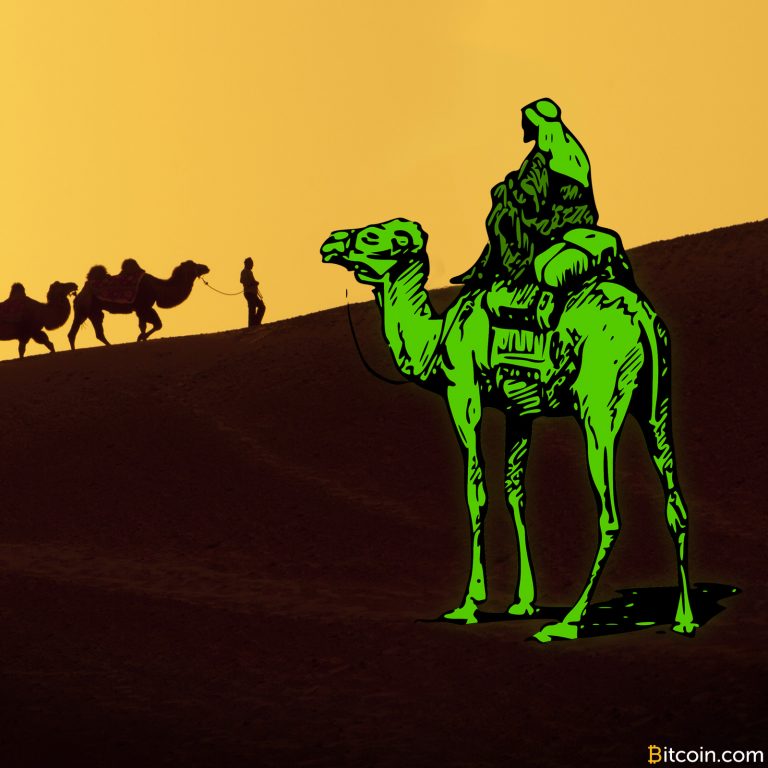2018-10-15 18:39 |
Former Silk Road administrator Gary Davis, also known as Libertas, has pled guilty to drug distribution charges related to the dark web operation. Police arrested the Irish national in January 2014 for expediting its workings as a member of the Silk Road staff. He was extradited from Ireland in July this year.
Appearing before United States District Judge Jesse M. Furman at a Manhattan federal court last Friday, Davis stood accused of facilitating the sale of illegal drugs worth over $200 million through the network. He faces a maximum of 20 years behind bars for conspiracy to distribute narcotics.
His role on the site was mainly administrative work and included resolving disputes between drug dealers and buyers, and implementing bans arising from violations.
Silk Road History and FounderThe now-defunct Silk Road marketplace was especially active between the years 2011 and 2013. It was the biggest and most sophisticated online black-market network of its time. Accessible only via the Tor service for enhanced anonymity, the network launched in February 2011. The Federal Bureau of Investigation (FBI) shut it down in 2013.
Its creator and operator, Ross Ulbricht, also widely known as Dread Pirate Roberts, was also arrested. After its demise, former administrators launched another version dubbed Silk Road 2.0. It was shut down in 2014, and its operator was also arrested. Ross Ulbricht faced eight charges in relation to the venture and received a life imprisonment without parole.
Silk Road creator, Ross Ulbricht, also widely known as Dread Pirate Roberts, was arrested in 2013. (Image Credit: Freeross.org)
Silk Road’s popularity grew following an article published by Gawker, which led to significant buzz around it. A number of politicians, including U.S. Senator Charles Schumer, were especially vocal in calling upon the Drug Enforcement Administration (DEA) and the Department of Justice to shut down the platform.
Ross Ulbricht designed Silk Road to be a free market devoid of coercion and violence. According to his LinkedIn profile, he envisioned a platform that would simulate what the world would be like without the systemic use of force by governments.
How It WorkedThe platform worked in the same way as eBay, where sellers would put up product listings. Buyers could select products and give ratings. Most products were delivered to customers via the unsuspecting nationwide postal service and payments made using Bitcoin. In most cases, contraband would be delivered unless intercepted by the authorities.
Services and products listed on Silk Road were mainly those involving “victimless crimes.” This included items such as stolen credit cards, but services such as assassinations were banned. Initially, illegal drugs made up to 70 percent of the listings. However, the platform soon evolved to a bazaar offering a greater variety of contraband.
Users of the platform put it to work laundering millions of dollars. Although the authorities were aware of Silk Road just a few months after its launch, it took them over two years to uncover the real identity of the site’s founder. At the time, Silk Road was the most sophisticated dark web marketplace since the advent of the internet.
Taking Down Silk RoadThe Silk Road service was, according to its founder, protected with layers of security to ensure privacy and prevent infiltration by the authorities. Cyber-crime specialists believe law enforcement agencies unwrapped its innards through hacking.
Silk Road utilized the underground Tor networking system which relays messages through a series of separate servers to provide anonymity to users. However, the authorities were able to infiltrate its servers and gain access to private information related to vendors and customers.
The DEA, IRS, FBI, and Customs agents were able to locate some of the site’s alleged off-grid servers hidden in countries such as Romania and Latvia. Copies of transactions made via the servers were apparently archived. Network monitoring nodes revealed unique identifying addresses connected to people involved in the operation. Silk Road creator, Ross Ulbricht, is said to have made an alleged $80 million in commissions through sales carried out on his website.
Although the FBI shattered Silk Road, it became a blueprint for today’s dark web marketplaces.
The Bitcoin ConnectionThe Silk Road Bitcoin escrow service was one of the critical elements that led to its success. At its peak, the platform had over 100,000 users and generated hundreds of millions in revenue. The inter-agency operation seized 144,336 Bitcoins valued at about $900 million at today’s rates.
The government later auctioned them between 2014 and 2015, netting about $48 million. Ulbricht had initially vowed to challenge the forfeiture of the coins but dropped the claims. Among the main beneficiaries of the coin sales was venture capitalist, Tim Draper, who bought about 30,000 bitcoins.
The post Silk Road Admin Indicted for Involvement in Money Laundering and Drug Trafficking Network appeared first on CoinCentral.
origin »Bitcoin price in Telegram @btc_price_every_hour
Santiment Network Token (SAN) на Currencies.ru
|
|










